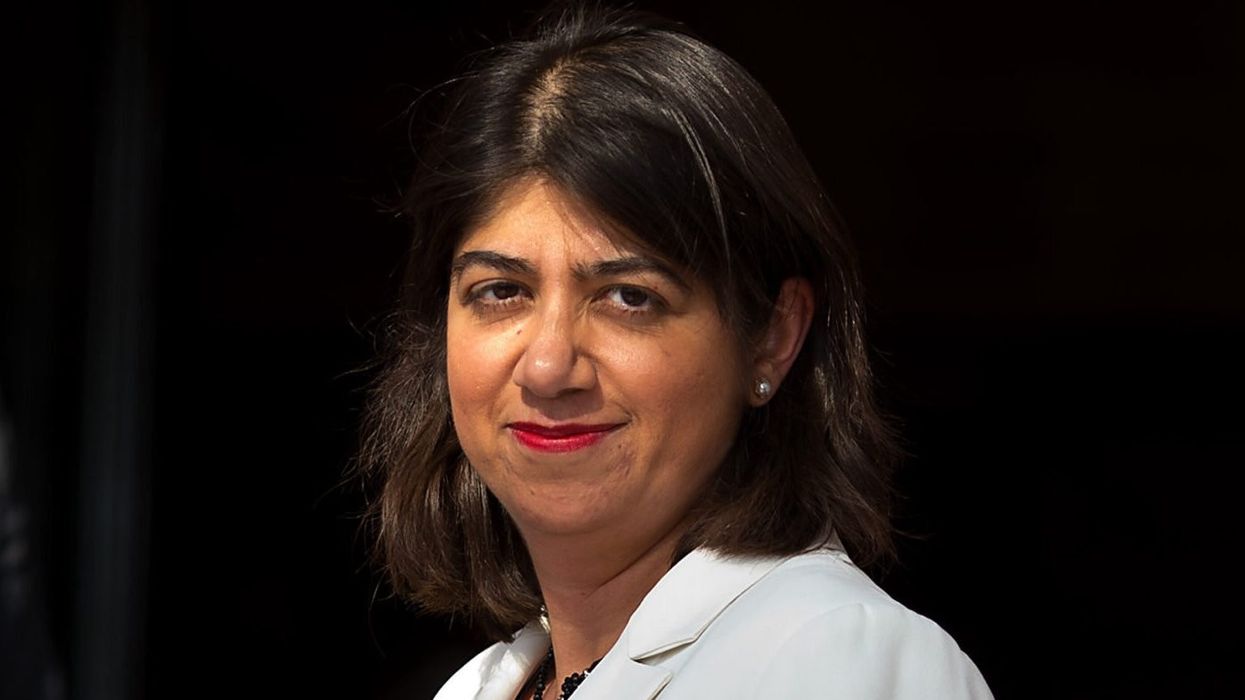THE GOVERNMENT has launched a 12-week call for evidence to inform reforms on equalities at work under its Plan for Change.
The consultation aims to gather views on making the right to equal pay effective for women, ethnic minority groups and disabled people.
The exercise will contribute to the draft Equality (Race and Disability) Bill, expected to be published in this parliamentary session. It follows a separate consultation on mandatory ethnicity and disability pay gap reporting, which closes on 10 June.
Minister for equalities Seema Malhotra MP said: “I am pleased to announce the launch of a call for evidence on equality law, an important step in this government’s Plan for Change.”
She added, “Our goal is to understand how we can better remove barriers to opportunity and boost household incomes across the country so people can achieve according to their talents, irrespective of their backgrounds.”
The government is seeking input from expert bodies, employers, trade unions, civil society groups, disabled people’s organisations, public authorities, and those with relevant experience.
Areas of focus include pay discrimination, equal pay enforcement, outsourcing practices, pay transparency, combined discrimination protections, public sector equality duties, and workplace harassment.
The consultation will run until 30 June 2025.

